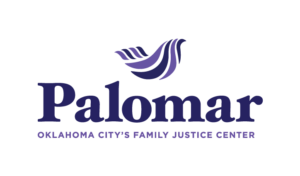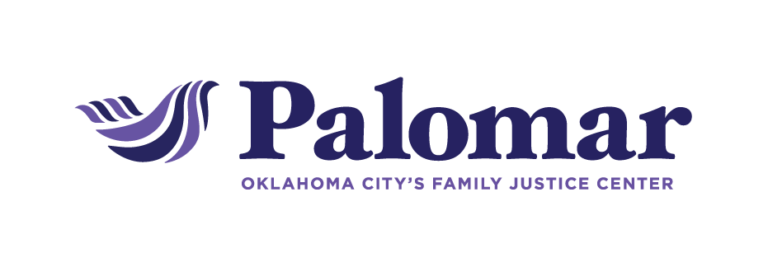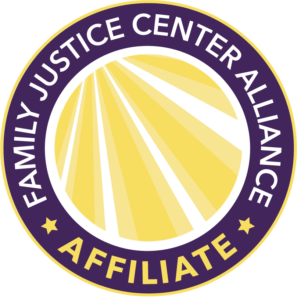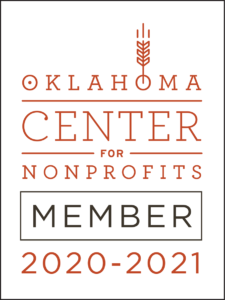Palomar provides protection, hope, and healing.
8
years in operation
44
partners
29,000+
clients served
Our Story
The palomar knot is the strongest, most resilient knot one can tie. When pressure and weight are applied, the knot gets stronger.
We consider Palomar to be a community of strength and healing. We seek to offer victims and survivors in Oklahoma City a kind-hearted home where clients and their children come first as they work through the healing process.

Our History
2012
First Discussions
Chief Citty, Chief Kuhlman, and Captain Flowers of the Oklahoma City Police Department discuss the idea of a Family Justice Center with founder Kim Garrett.

June, 2015
Planning
Chief Citty hosts the first Advisory Board to ask agency leaders their thoughts on a Family Justice Center and decide if there is a need. Chief Citty signs a contract with Alliance for HOPE International to develop an FJC in Oklahoma City.

September, 2015
Study Tour
A team is sent from San Diego to facilitate a comprehensive three-day needs assessment of OKC.

December, 2015
Strategic Planning
120 individuals representing 47 different agencies and the community came together at Coles Garden.

July, 2016
Camp HOPE
Oklahoma City hosts its inaugural Camp HOPE with 29 trauma-exposed kids aged 7 to 11 at Camp Classen in Davis, Oklahoma.

February, 2017
Grand Opening
The community celebrates Palomar’s Grand Opening with 15 on-site partners.

December, 2019
MAPS 4
A MAPS 4 package passes which will allocate funds to build a new Palomar facility.

We envision an Oklahoma City that is free from violence, where everyone feels safe and secure.
WORK
together to interrupt the cycle of violence and abuse.
ACT
as a catalyst to create a community and culture that is free from violence.
PROVIDE
long-term support for victims and their children to heal from trauma.
HOLD
offenders accountable.
EMPOWER
survivors to thrive.
Our Guiding Principles
Victim-Centered
To provide victim-centered services that promote victim autonomy and empowerment.
Safety-Focused
To increase safety, promote healing, and foster empowerment through services for victims and their children.
Embrace Change
Evaluate and adjust services by including survivors input and evidence-based best practices.
Holistic
Utilize a multifaceted treatment approach that meets the needs of the whole person.
Survivor Driven
Shape services to the need of clients.
Self-Determination
Survivors have the right to choose their life’s direction.
Relationship-Based
Maintain close working relationships among all collaborators / agencies.
Trauma-Informed
Acknowledge the profound impact of trauma, which shapes all aspects of services.
Offender Accountability
Increase offender accountability through evidence-based prosecution strategies.
Empowered
Offer survivors, and their children, a place to belong even after the crisis intervention services are no longer necessary.
Kind-Hearted
Develop a community that values, affirms, recognizes and supports staff, partners, volunteers and clients.
Prevention-Oriented
Integrate primary, secondary, and tertiary prevention approaches into all initiatives, programs and projects.
Culturally-Responsive
Commitment to the utilization of culturally-relevant service approaches with respect for all people.
Solution-Focused
We can develop creative solutions and accomplish more for survivors when we work together as a united team.




